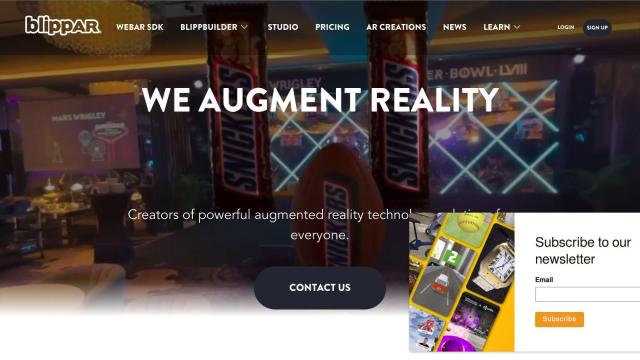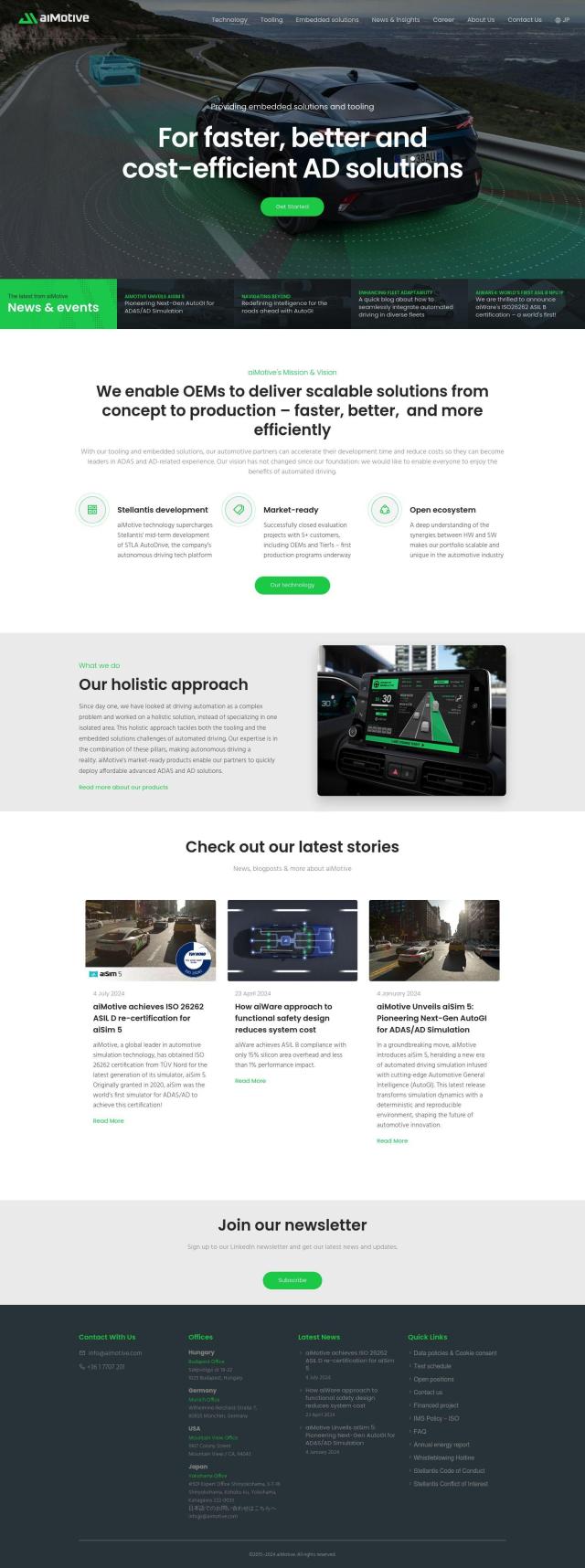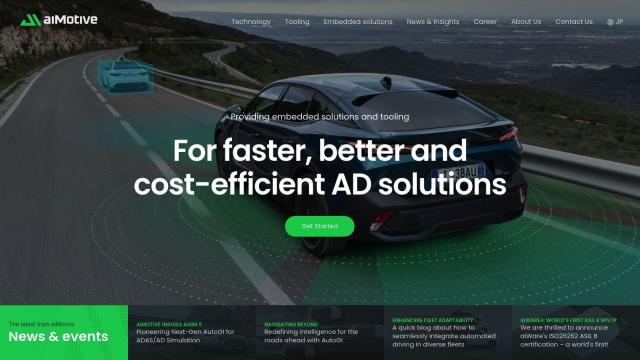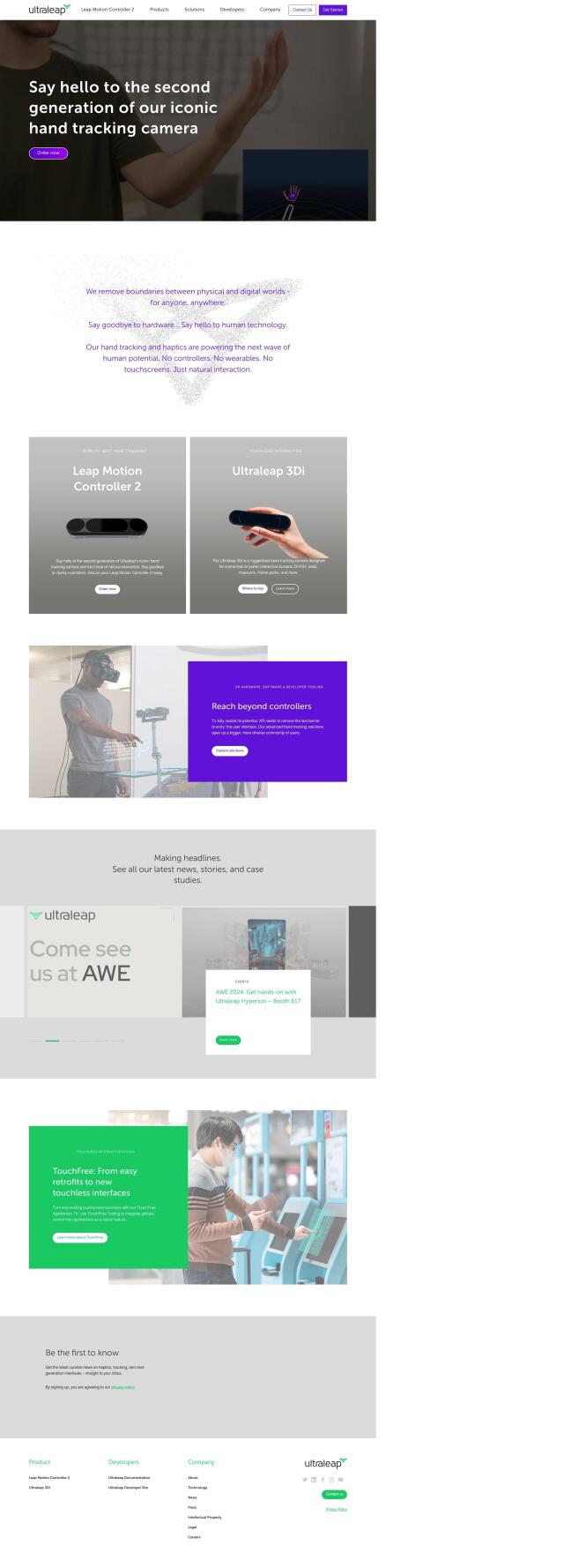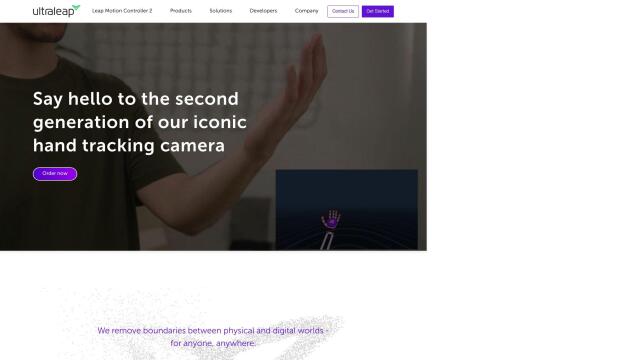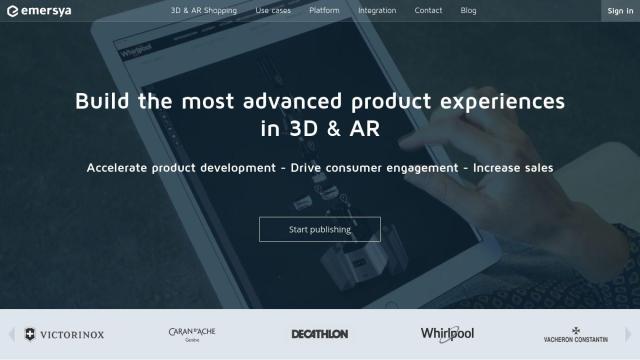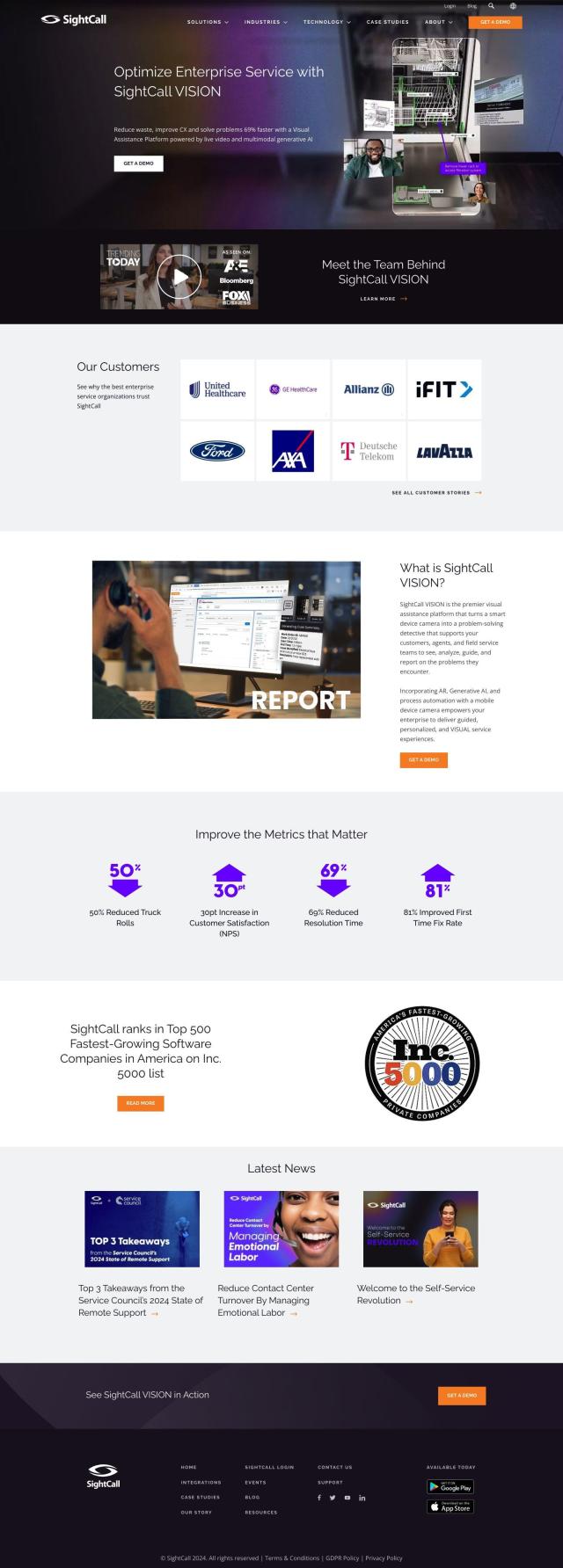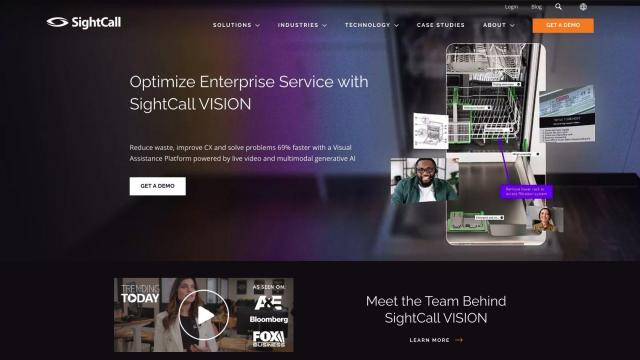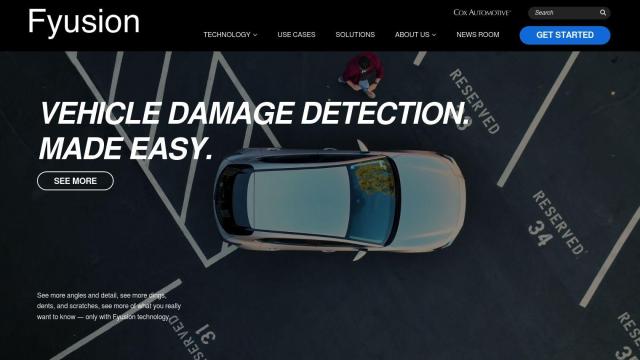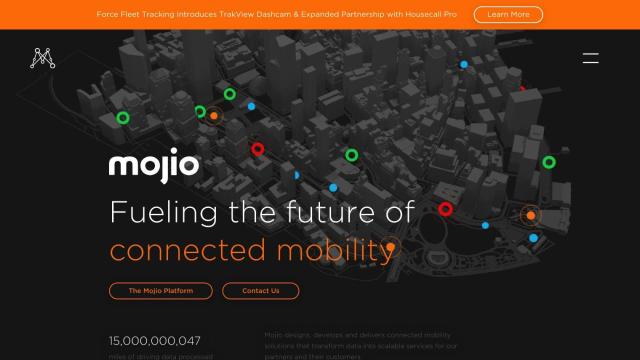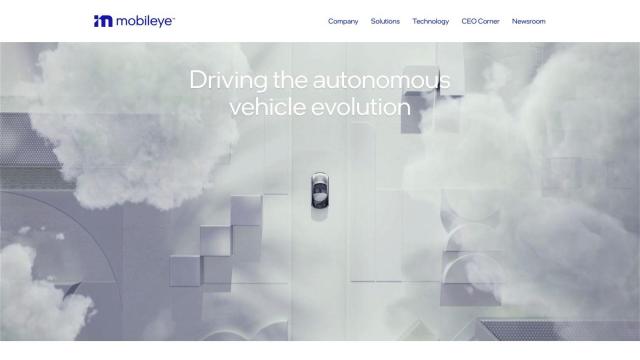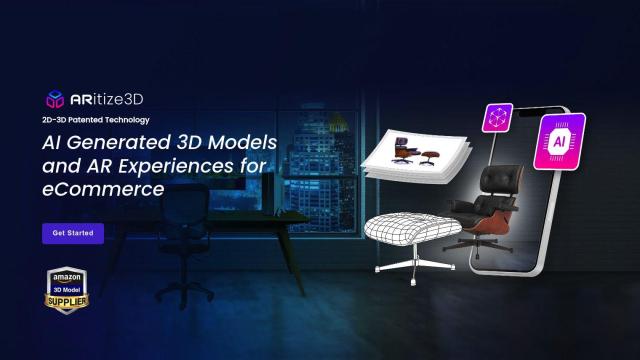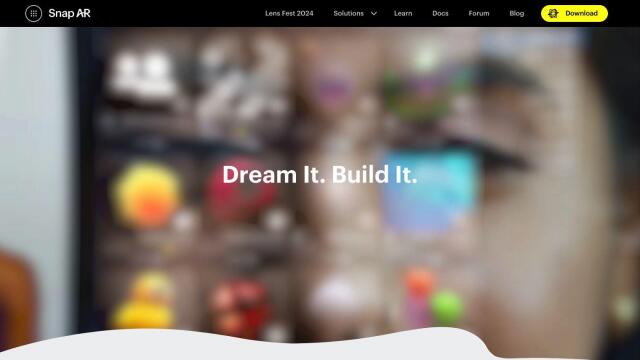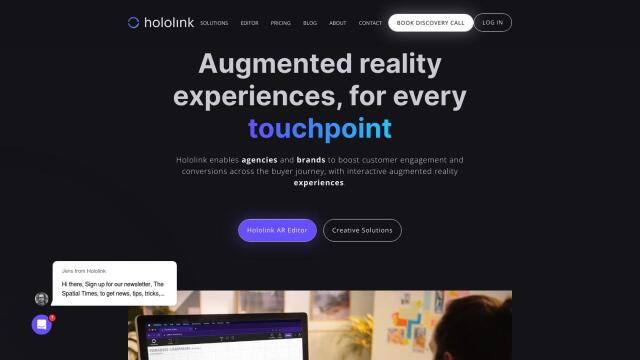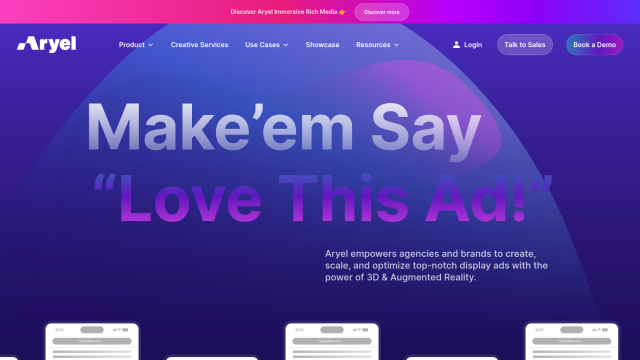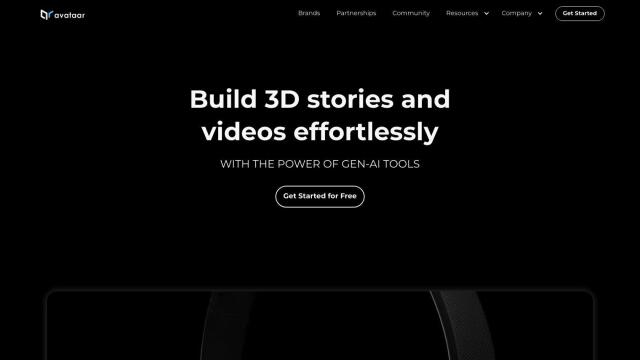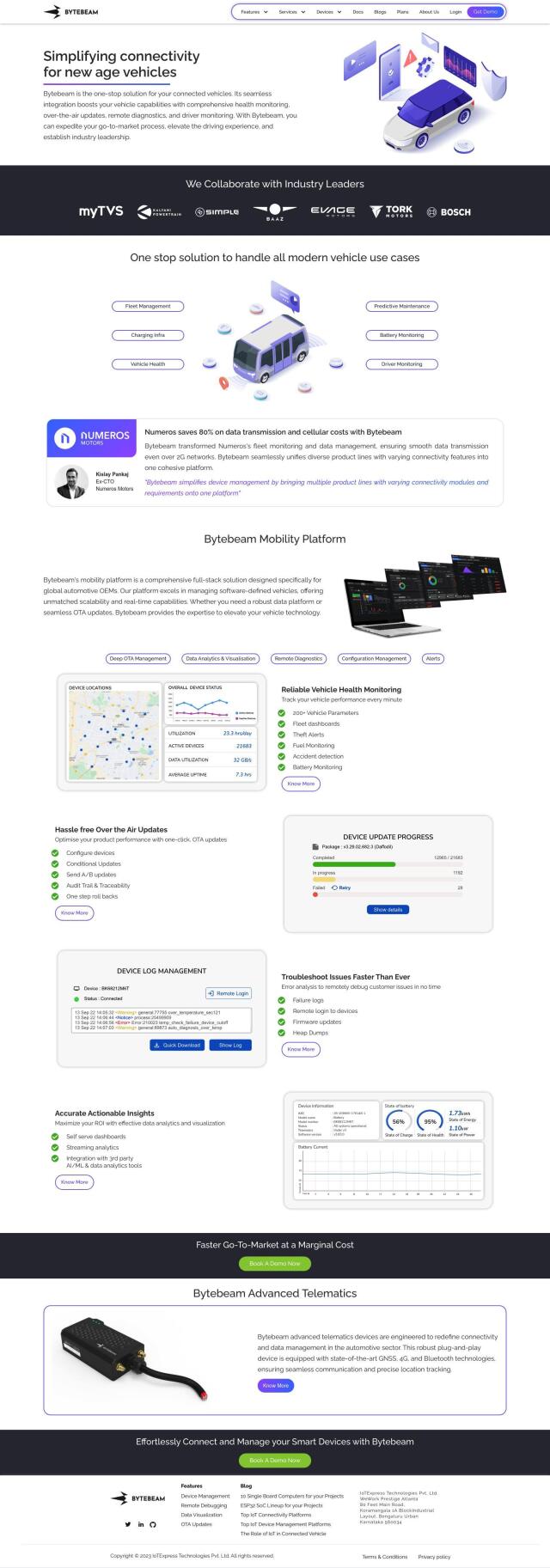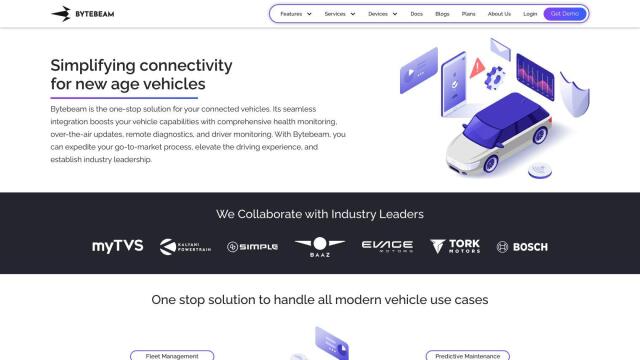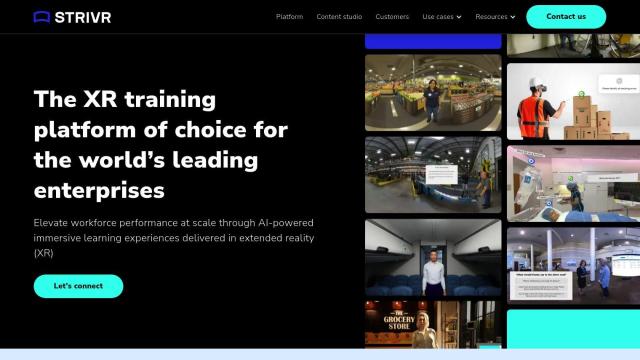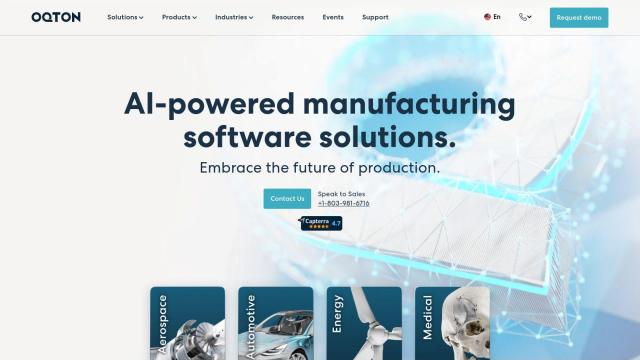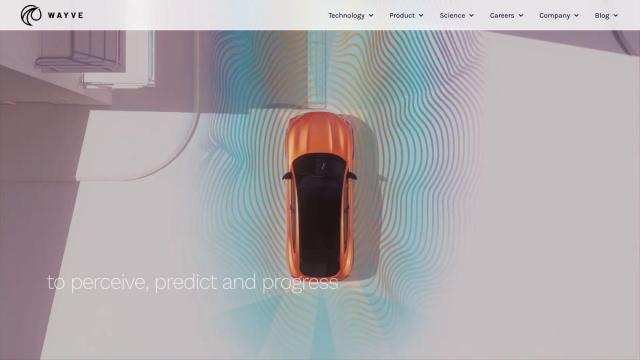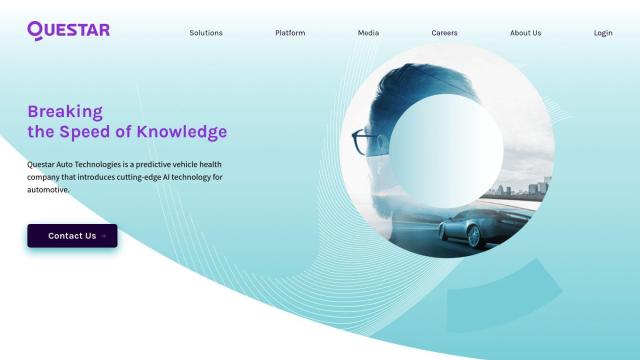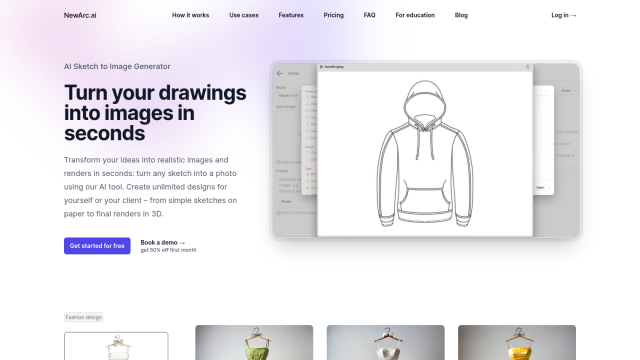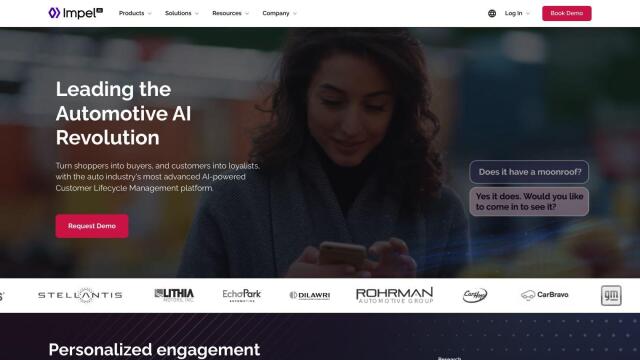Question: Are there any professional services that can support the development of AR features for automotive OEMs and Tier 1 suppliers?

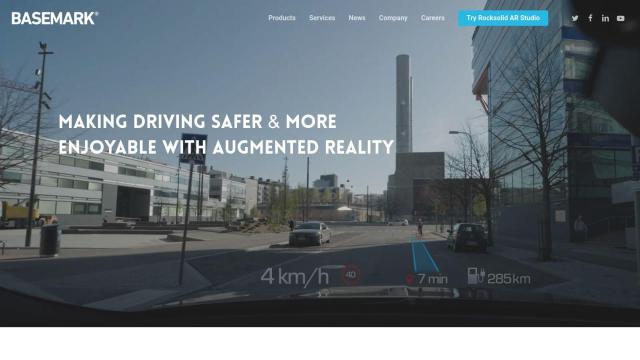
Basemark
For professional services to help you build AR features for automotive OEMs and Tier 1 suppliers, Basemark is a top contender. Its Rocksolid AR toolchain is geared specifically for automotive AR development, with a focus on precise positioning and anchoring of AR content in a moving car. It includes a design studio, SDK and runtimes to get you up to speed faster. Basemark has a full suite of professional services, including series production projects and team integration, so it's a good option if you want to improve driver safety and comfort.

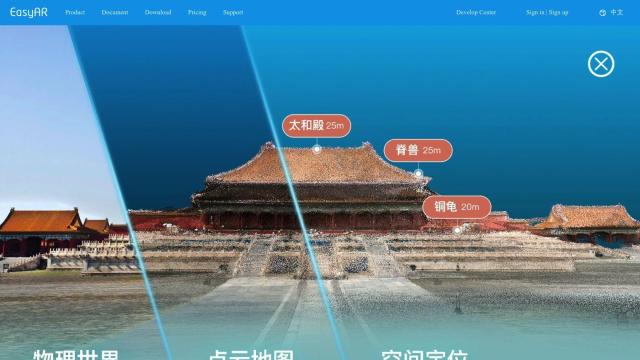
EasyAR
Another contender is EasyAR, an AR development platform with a range of tools and services anchored by the Sense SDK. With spatial mapping, motion tracking and 3D object recognition, EasyAR can be used for a broad range of AR applications. It offers a range of subscription plans for different project needs and supports iOS, Android and MR eyewear, so it's a good option for automotive AR development.

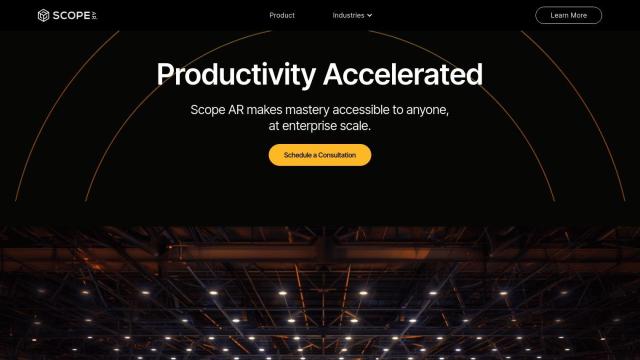
Scope AR
If you want a platform that tightly integrates with CAD files and collaborates on 3D content, Scope AR is a good option. Its WorkLink platform spans the product lifecycle so you can create, view and collaborate on AR content. That can simplify complex processes and cut down on errors, which is important in the automotive industry where precision and efficiency are key.

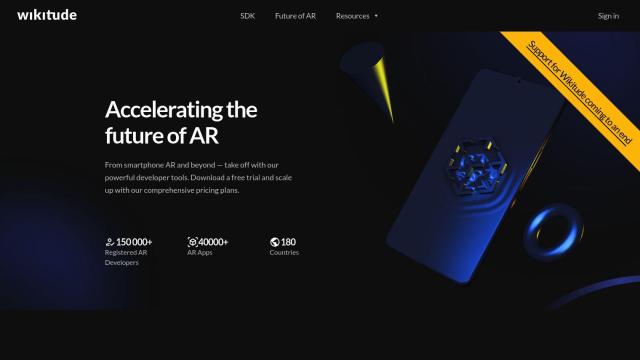
Wikitude Augmented Reality
Last, Wikitude Augmented Reality is a cross-platform AR SDK that can handle real-time image recognition, markerless tracking and location-based AR experiences. It's good for many industries, including automotive, and supports a variety of devices and operating systems. Its flexibility for handling complex AR projects makes it a good option for automotive OEMs and suppliers.

